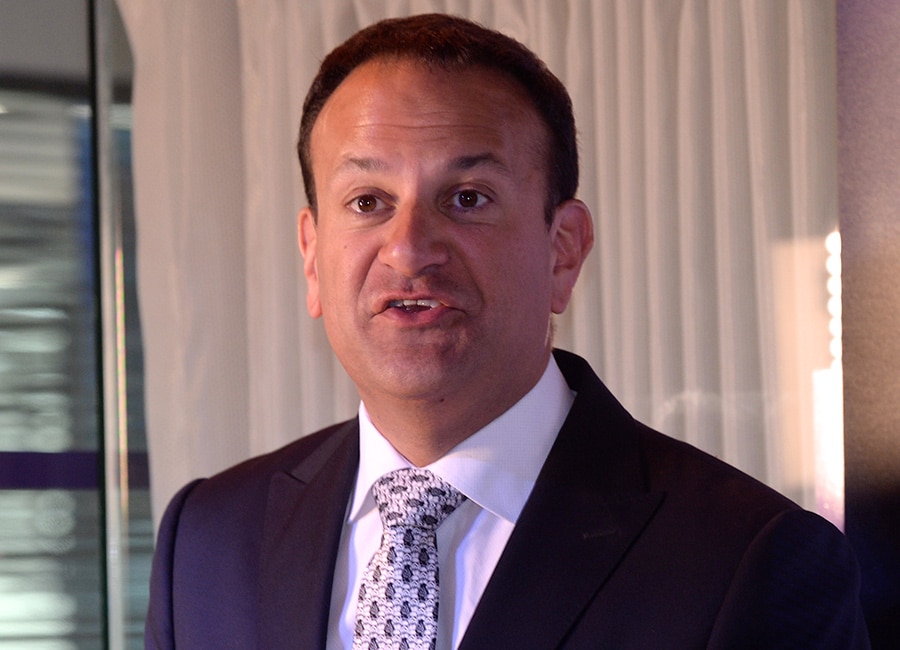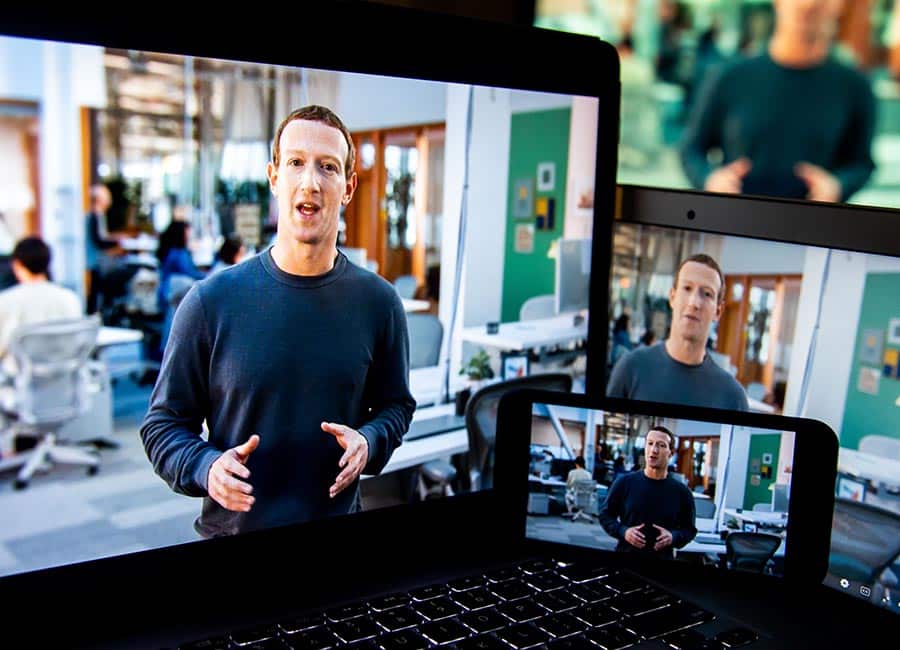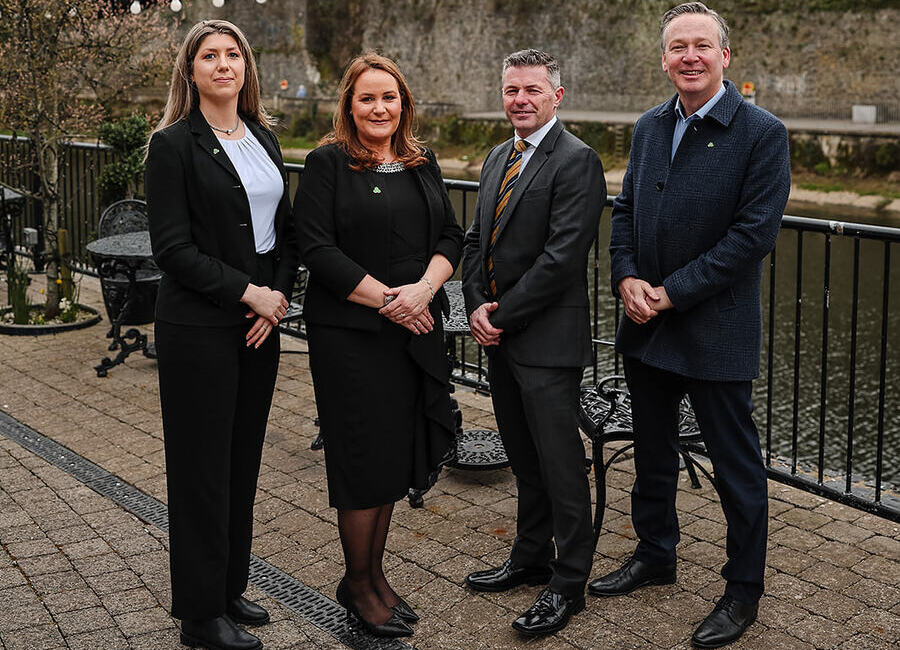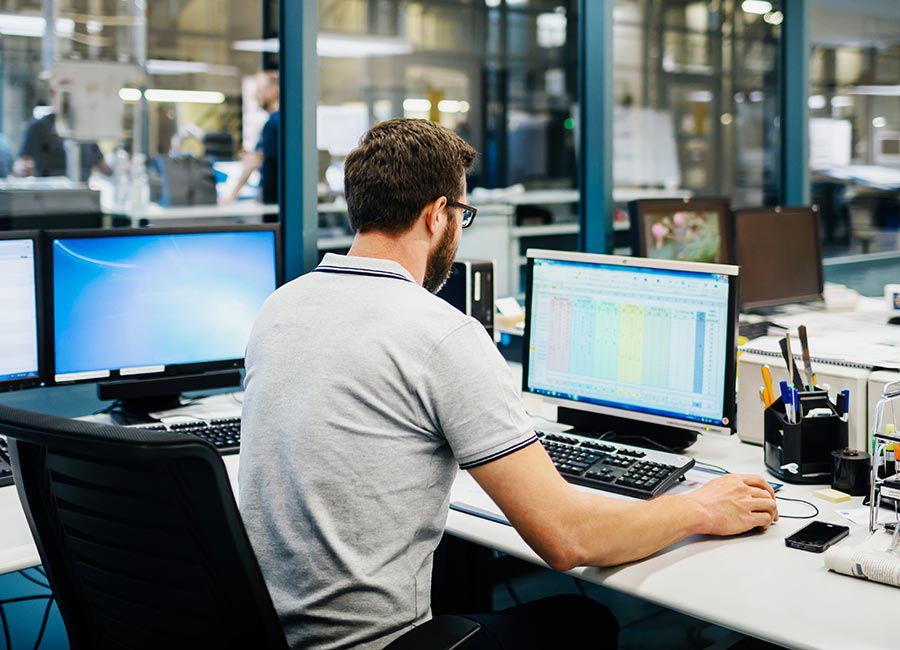Working remotely could save staff hundreds of euro a year, new Government research shows.
Making remote and blended working as a permanent part of working-life after the pandemic is now "a priority", said Tánaiste Leo Varadkar.
He has been clear that "as long as the work gets done and public services aren't affected, it should be facilitated".
The annual extra cost of home heating and electricity - estimated at an average of €107 - are quickly covered by savings from less commuting - estimated at €413 per remote worker, which leaves a net saving of €306 per worker, according to research published by the Department of Enterprise, Trade and Employment.
Companies can also make significant savings by moving to smaller offices.
The research is also expected to show a significant reduction in carbon emissions from less commuting, which is more than offset by potential increases in household emissions.
Remote working has the potential to save 164,407 tonnes of CO2 a year, with an equivalent monetary saving of €7.6million.

It should also improve job prospects for the disabled and those with caring responsibilities.
Mr Varadkar recently said: "We are putting in place the legal framework, with the new Right to Request Remote Working law and Right to Disconnect and the infrastructure, with the National Broadband Plan and the network of hubs we are investing in, to make remote and flexible working a part of normal working life.
"The pandemic has shown us what is possible and we need to take the benefits and make them permanent.
"The Right to Request Remote working legislations is still undergoing pre-legislative scrutiny by the Committee. I have said I will have a listening ear when it comes to any proposed changes."
It is expected that this research will also help inform the Government's future planning.











